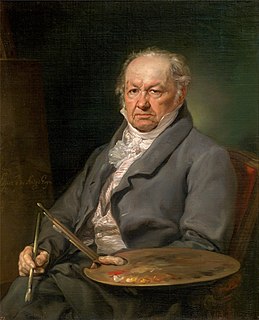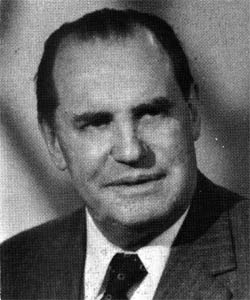A Quote by Edward Gibbon
The mathematics are distinguished by a particular privilege, that is, in the course of ages, they may always advance and can never recede.
Quote Topics
Related Quotes
The point of mathematics is that in it we have always got rid of the particular instance, and even of any particular sorts of entities. So that for example, no mathematical truths apply merely to fish, or merely to stones, or merely to colours. So long as you are dealing with pure mathematics, you are in the realm of complete and absolute abstraction. . . . Mathematics is thought moving in the sphere of complete abstraction from any particular instance of what it is talking about.
...mathematics is distinguished from all other sciences except only ethics, in standing in no need of ethics. Every other science, even logic, especially in its early stages, is in danger of evaporating into airy nothingness, degenerating, as the Germans say, into an arachnoid film, spun from the stuff that dreams are made of. There is no such danger for pure mathematics; for that is precisely what mathematics ought to be.
On foundations we believe in the reality of mathematics, but of course, when philosophers attack us with their paradoxes, we rush to hide behind formalism and say 'mathematics is just a combination of meaningless symbols,'... Finally we are left in peace to go back to our mathematics and do it as we have always done, with the feeling each mathematician has that he is working with something real. The sensation is probably an illusion, but it is very convenient.
Mystery is an inescapable ingredient of mathematics. Mathematics is full of unanswered questions, which far outnumber known theorems and results. It's the nature of mathematics to pose more problems than it can solve. Indeed, mathematics itself may be built on small islands of truth comprising the pieces of mathematics that can be validated by relatively short proofs. All else is speculation.
But the origin of the American Republic is distinguished by peculiar circumstances. Other nations have been driven together by fear and necessity-the governments have generally been the result of a single man's observations; or the offspring of particular interests. In the formation of our constitution, the wisdom of all ages is collected-the legislators of antiquity are consulted-as well as the opinions and interests of the millions who are concerned. In short, it is an empire of reason.




































